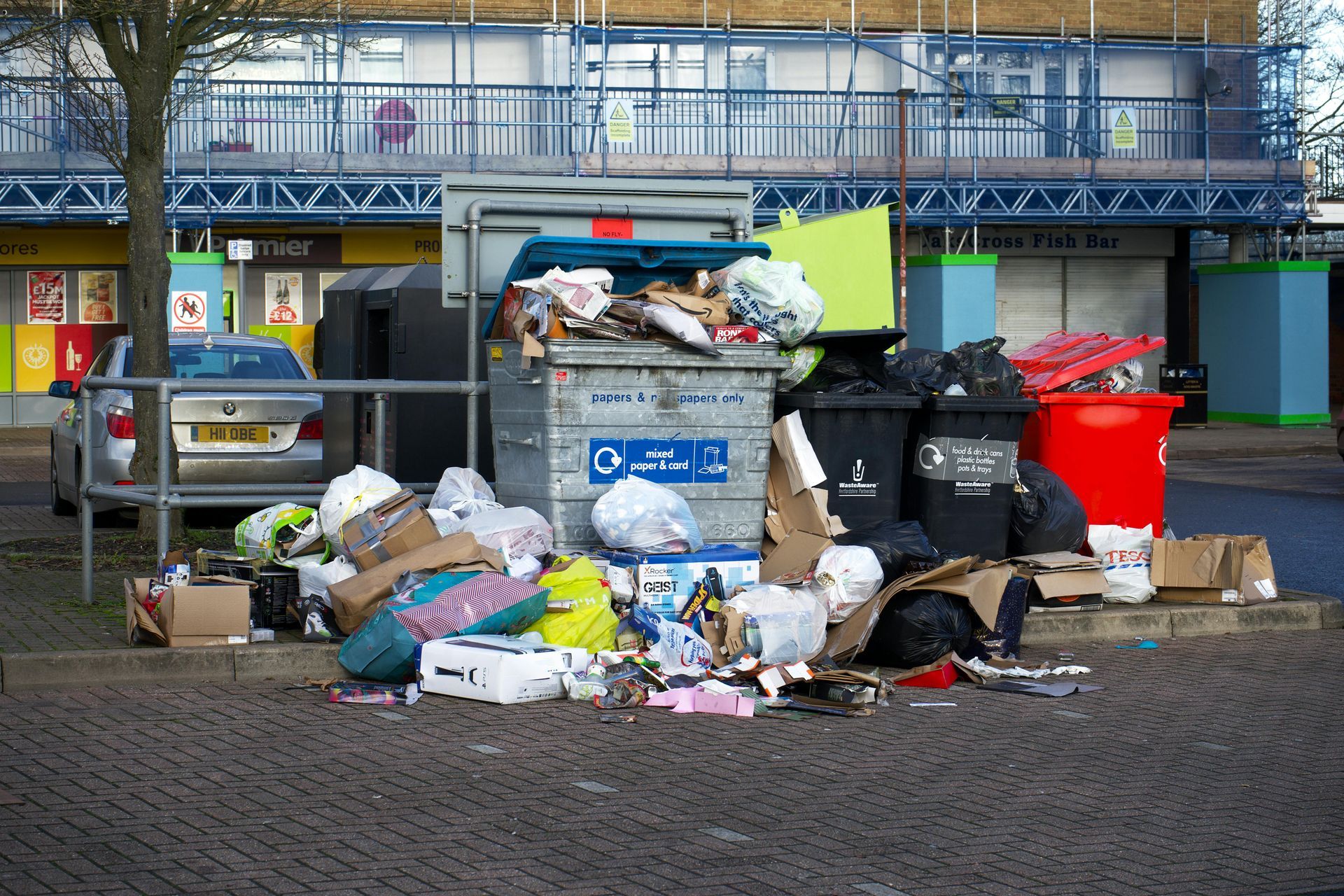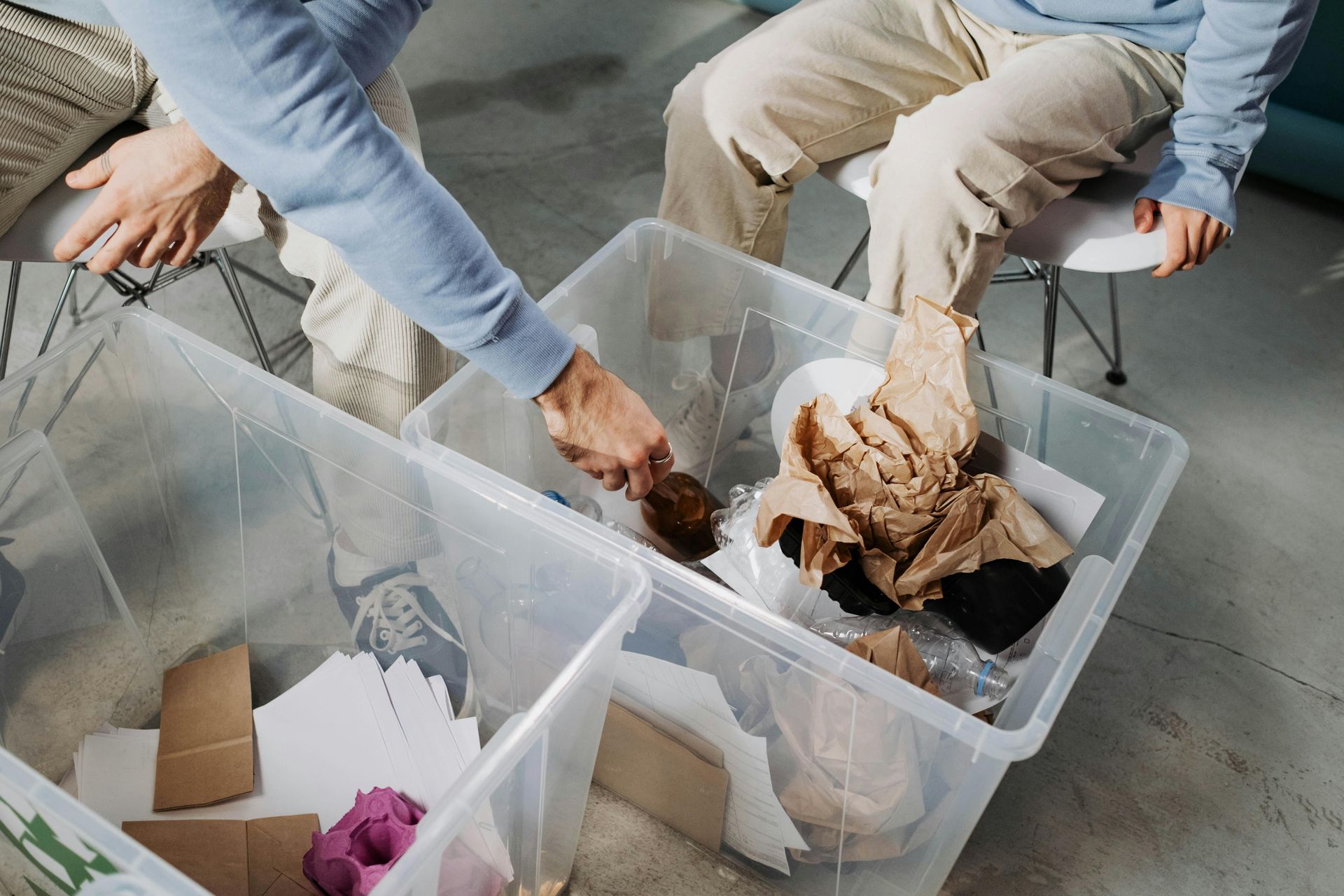The Vitality of Recycling: A Pathway to Sustainable Living

In a world grappling with environmental degradation and resource depletion, the significance of recycling cannot be overstated. Recycling stands as a beacon of hope, offering a pathway towards a more sustainable future. It's not merely a process of reusing materials but a fundamental shift in mindset and lifestyle that fosters responsible consumption and stewardship of our planet's resources.
Recycling is a multifaceted solution to the complex challenges we face. At its core, it embodies the principles of conservation and efficiency. By diverting waste from landfills and incinerators, recycling reduces the strain on finite natural resources and mitigates the environmental impact of extraction and production processes. Every aluminum can, plastic bottle, or paper product that finds its way into the recycling stream represents a step towards minimizing our carbon footprint and preserving ecosystems.
Moreover, recycling is a catalyst for innovation and economic growth. As societies embrace the circular economy model, where resources are continuously reused and regenerated, new industries and job opportunities emerge. Recycling not only conserves raw materials but also reduces energy consumption and greenhouse gas emissions associated with traditional manufacturing processes. It stimulates the development of cleaner technologies and promotes sustainable practices across various sectors, from manufacturing to construction.
However, the true power of recycling lies beyond its environmental and economic benefits; it resonates deeply with the values of community and responsibility. Recycling fosters a sense of collective stewardship, reminding us that we are interconnected inhabitants of this planet with a shared responsibility to safeguard its health and vitality for future generations. Whether through curbside recycling programs or community clean-up initiatives, recycling empowers individuals to take tangible action towards a common goal: protecting our planet.
One of the most compelling aspects of recycling is its versatility. It encompasses not only traditional materials like paper, glass, and metals but also electronics, textiles, and organic waste. Advancements in recycling technology have expanded the scope of materials that can be efficiently recovered and repurposed, further enhancing the sustainability of our consumption patterns. From upcycling old clothing into new garments to converting food waste into nutrient-rich compost, the possibilities are endless.
Education and awareness play a pivotal role in driving widespread adoption of recycling practices. By educating individuals about the environmental impacts of waste generation and the benefits of recycling, we empower them to make informed choices in their daily lives. Schools, businesses, and community organizations all have a role to play in promoting environmental literacy and instilling a culture of sustainability. Through campaigns, workshops, and outreach programs, we can inspire collective action and foster a sense of environmental responsibility from an early age.
However, despite the progress made in recent years, challenges remain on the path to achieving a circular economy. Inadequate infrastructure, inconsistent recycling policies, and lack of consumer engagement pose significant barriers to maximizing the potential of recycling. Addressing these challenges requires a concerted effort from governments, businesses, and civil society to invest in recycling infrastructure, enact supportive policies, and promote consumer participation.
Furthermore, addressing the issue of plastic pollution presents a pressing challenge for the recycling industry. With plastic production continuing to soar and inadequate recycling infrastructure in many parts of the world, vast quantities of plastic waste end up in landfills or leak into the environment, posing serious threats to wildlife and ecosystems. Tackling this issue requires a comprehensive approach that encompasses not only recycling but also reduction, reuse, and innovative solutions such as biodegradable alternatives and plastic-to-fuel technologies.
In conclusion, recycling stands as a beacon of hope in our quest for a more sustainable future. It embodies the principles of conservation, efficiency, and responsibility, offering a pathway towards reducing waste, conserving resources, and mitigating environmental impacts. By embracing recycling as a fundamental component of our daily lives and advocating for systemic change, we can collectively work towards building a more resilient and thriving planet for generations to come.











